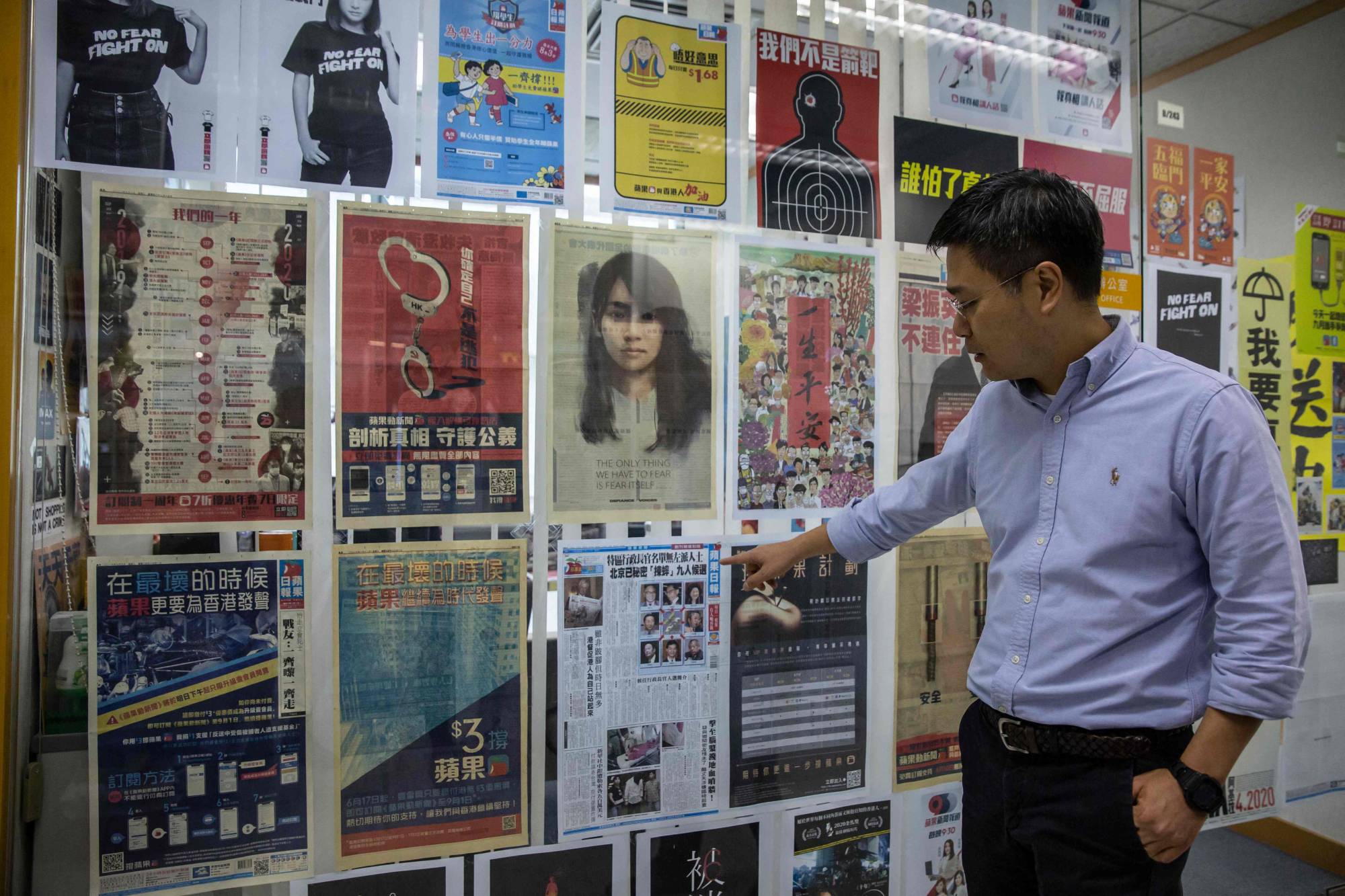Since China imposed a national security law on Hong Kong a year ago, it has snuffed out protests, arrested key democracy activists and overhauled the election system. Now its vibrant media scene is under threat.
While Hong Kong’s Basic Law guarantees residents freedom of speech and the press, authorities have moved on a number of fronts to erode those "fundamental rights” in recent years. Hong Kong ranked 80th in the latest press freedom index from Reporters Without Borders, down from No. 54 a decade ago.
The moves by the city’s Beijing-appointed government have raised more questions about Hong Kong’s viability as a financial hub, particularly because the definition of a national-security offense has expanded to include activities that had been legal for years in the former British colony. Some of them, like freezing assets and restricting public disclosure of key information, also directly threaten businesses.


















With your current subscription plan you can comment on stories. However, before writing your first comment, please create a display name in the Profile section of your subscriber account page.